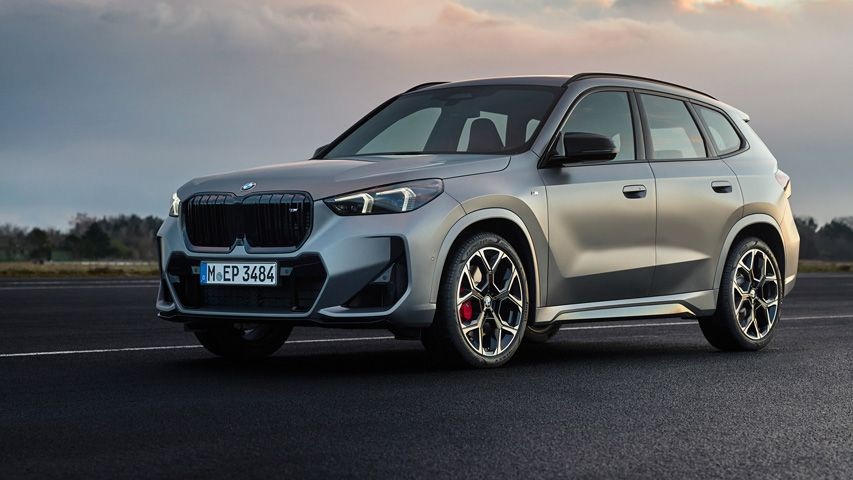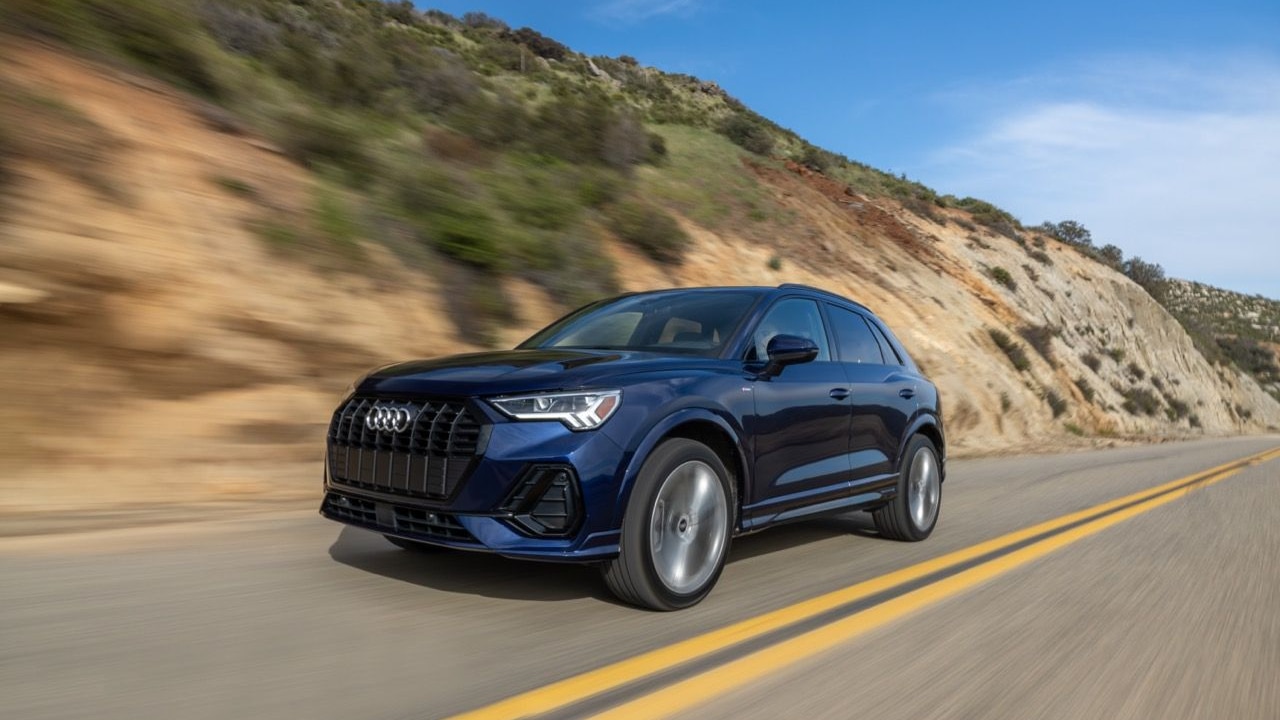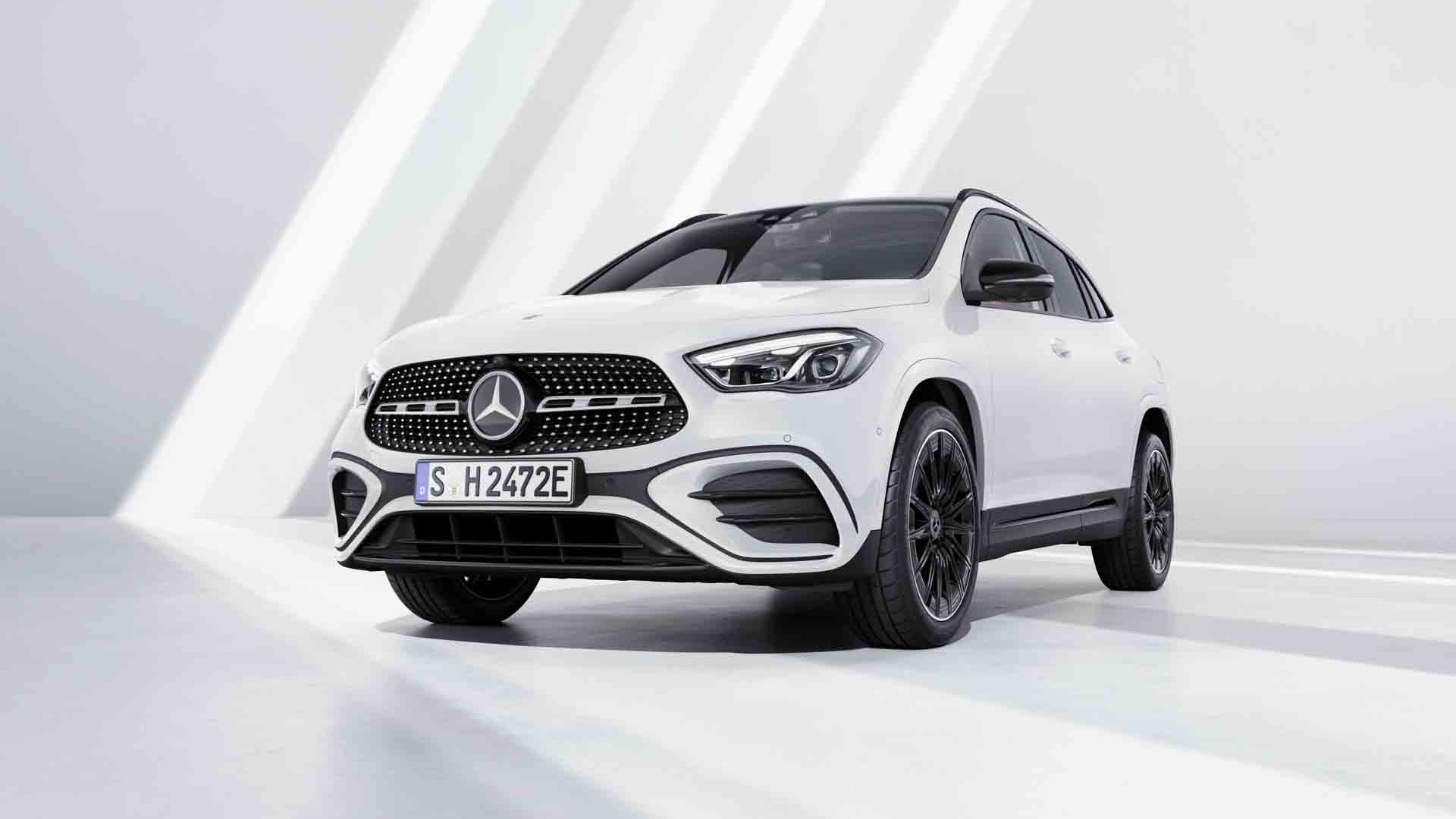If you look at luxury car sales through August, the best-selling manufacturers are Mercedes-Benz, followed by BMW, followed by Lexus. Just like last year, when BMW beat Mercedes by just 2,715 sales over 12 months, it’s a very close race.
For now, Mercedes-Benz has the year-to-date lead, with sales of 168,469 units excluding Smart and Sprinter vans. BMW isn’t trailing by much, with sales through August of 164,636 units excluding MINI. Lexus is a distant third, with sales of 150,604 units thus far in 2012, but it’s worth pointing out that Lexus out-sold its German rivals in August.
BMW is now focused on closing the gap with Mercedes-Benz, and as Bloomberg explains, it believes the new all-wheel-drive 3-Series models will be just what it needs to overtake its German rival. All-wheel-drive luxury cars sell well in markets with cold winters, such as New York and Boston.
As BMW’s head of U.S. operations, Ludwig Willisch, explains, “We were lacking cars for three or four months, now we are fueling up.” The buildup of 2013 inventory, particularly 3-Series xDrive models, couldn’t come at a better time, as the Northeast heads into the fall and winter seasons.
All-wheel-drive 3-Series models have typically accounted for roughly 50-percent of U.S. 3-Series sales, but account for roughly 80-percent of sales in the Northeast. The temporary lack of an all-wheel-drive variant following the 2012 3-Series redesign means that BMW hasn’t had the right product for a significant number of potential buyers.
The introduction of the BMW X1, a compact crossover positioned below the X3 and available with rear-wheel-drive or all-wheel-drive, should further help to pad BMW’s year-end numbers.
Strong sales from U.S. buyers are viewed as critical by all three automakers, who are seeing a sales decline in China, as well as continued economic uncertainty in Europe. Despite our own troubled economy, sales of luxury cars in the United States remain strong, at least for now.


